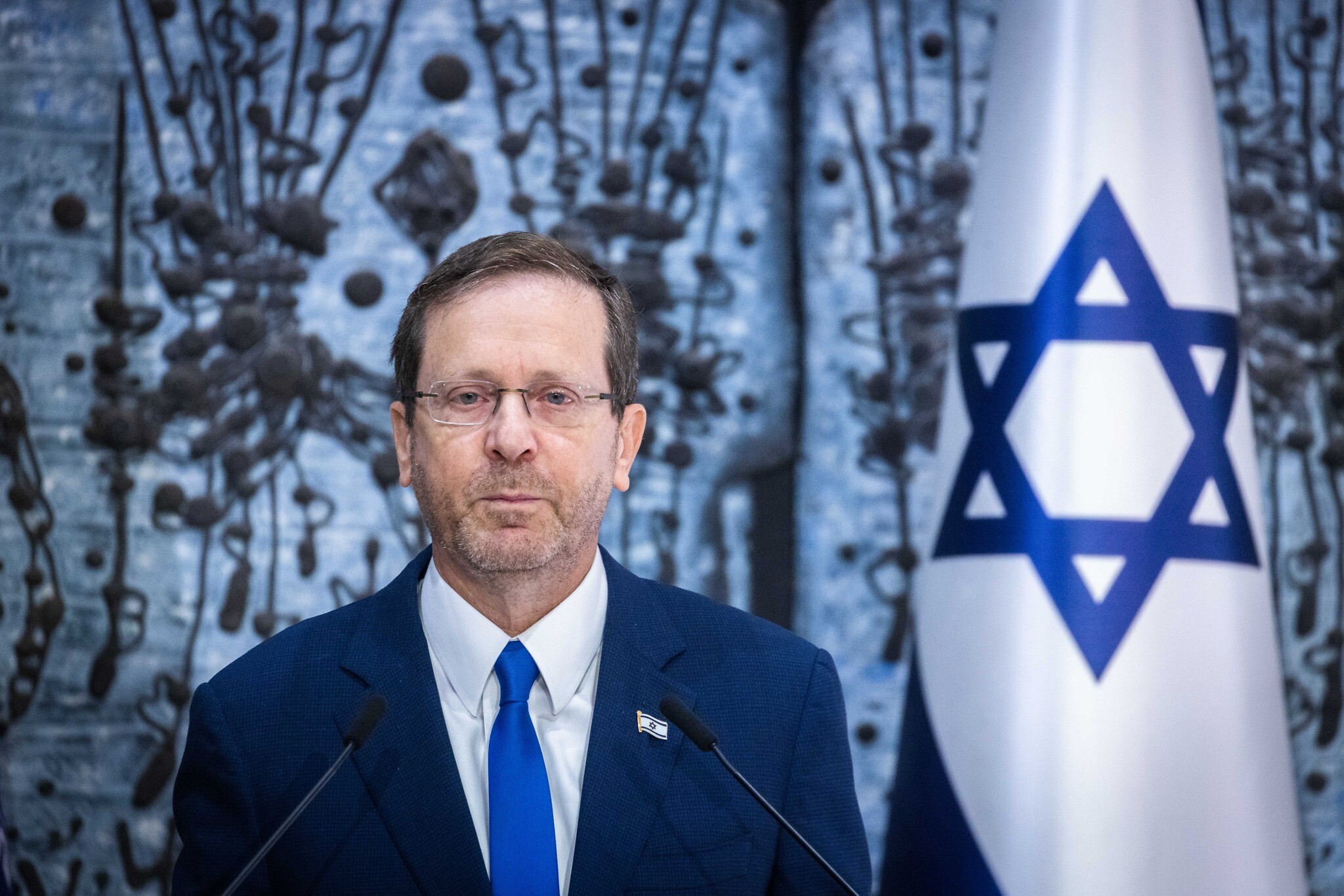Israeli President Isaac Herzog said on Sunday that “it is possible to reach agreements” between the government and the opposition concerning the controversial judicial reform promoted by Benjamin Netanyahu and his coalition partners, which will begin to be voted on Monday in Parliament.
“Over the past week, I have engaged wholeheartedly in meetings and conversations with all parties and influential figures, to discuss the disagreements we face,” Herzog explained in a speech on Sunday.
“After all my discussions, it is clear that based on the principles I presented last week, it is possible to reach agreements in a relatively short period of time, even in a few days,” he added. about judicial reform that has polarized Israel and that critics say would erode the separation of powers and weaken the formal foundations of Israeli democracy.
This reform, which will begin to be voted on tomorrow in the Knesset (Parliament), aims to grant more power to the Executive to the detriment of Justice, whose independence would be deeply weakened.
The House will vote this Monday, in the first of three instances, on two of the bills included in the reform, which seek to change the composition of the judicial selection committee and would restrict the Supreme Court’s ability to review and amend laws. .
Added to this is the “cancellation clause”, which would allow a simple majority of the deputies of Parliament to repeal the judgments handed down by the Supreme Court.
On the occasion of tomorrow’s vote, a massive demonstration is expected around the Parliament in Jerusalem, continuing a major protest movement started almost two months ago and bringing together tens of thousands of people every week, especially in the liberal city. from Tel Aviv.
After a massive protest last Monday, also outside the Knesset, the president began a series of meetings with opposition leaders and some of the reform promoters, after which he said today that he was “absolutely sure “that it was possible to reach a consensus.
Former Prime Minister and current opposition leader Yair Lapid this week proposed “a national dialogue” and called for a 60-day suspension of legislative proceedings to negotiate the terms of the reform.
The government coalition has declared that it will not stop the plan despite the mobilizations and the rejection of the academic sectors, economic elites or banking entities of the country, which warn of the risks of investments or economy of State that the project could cause.

